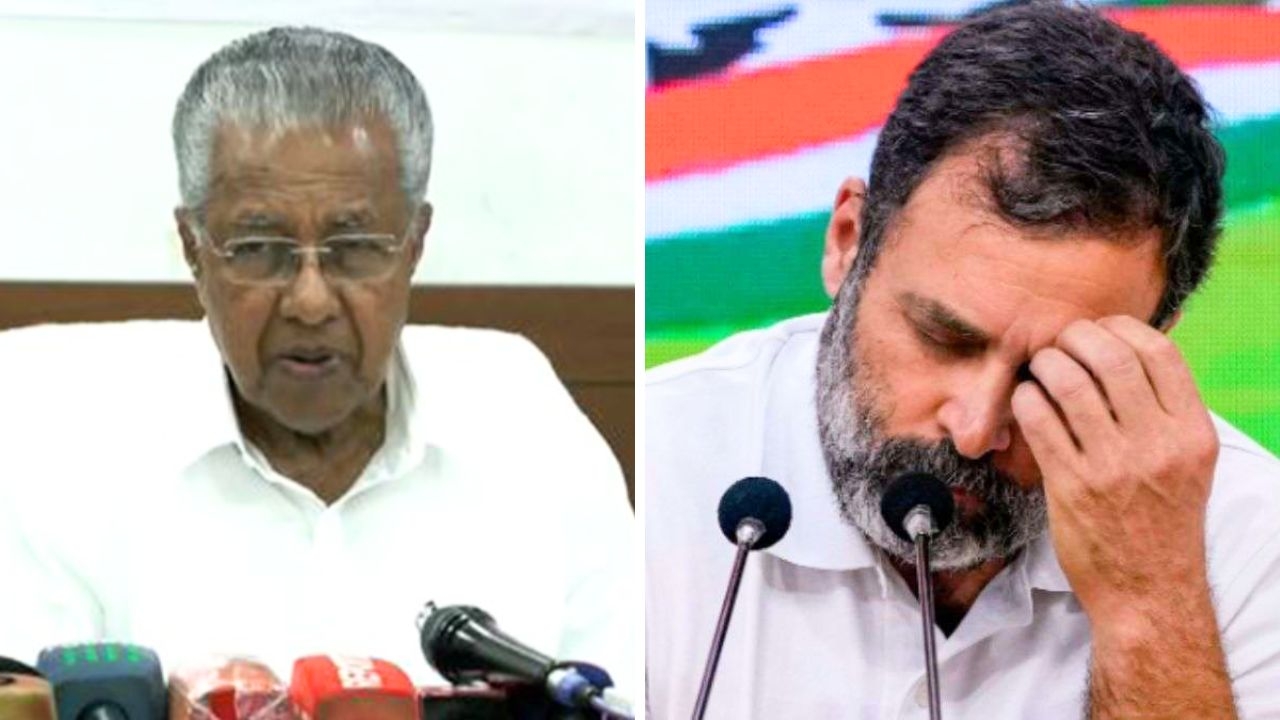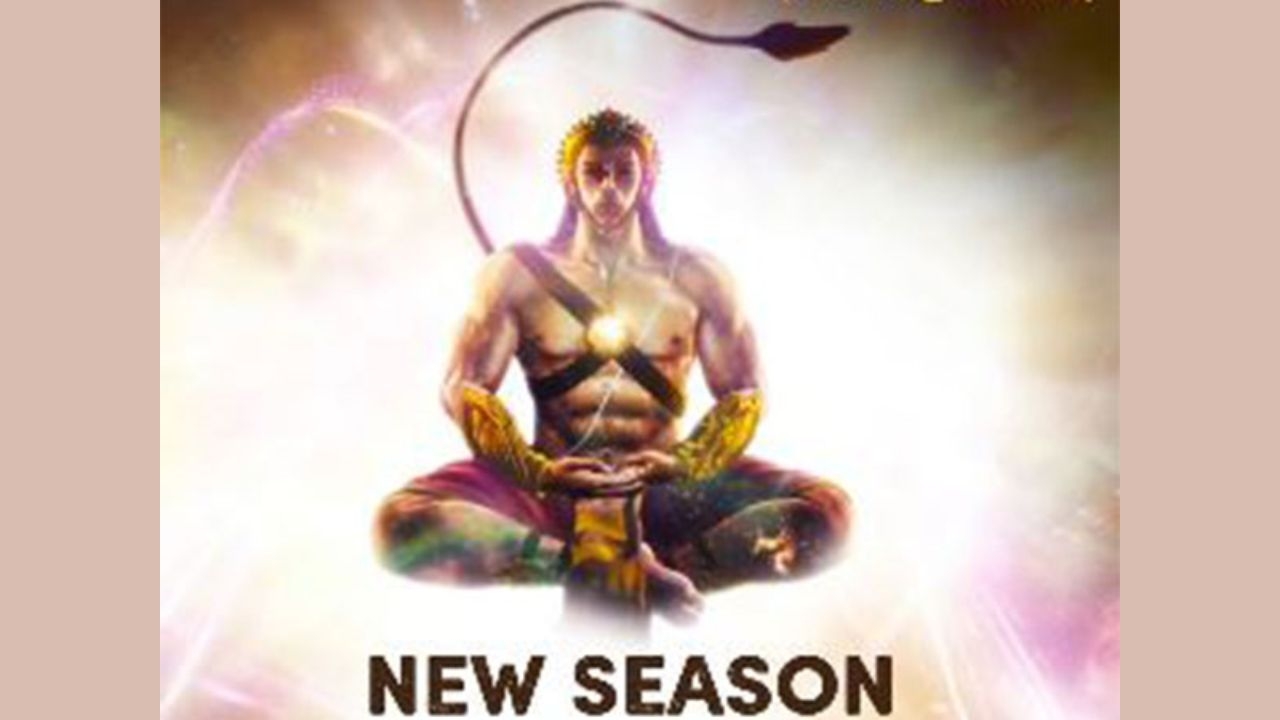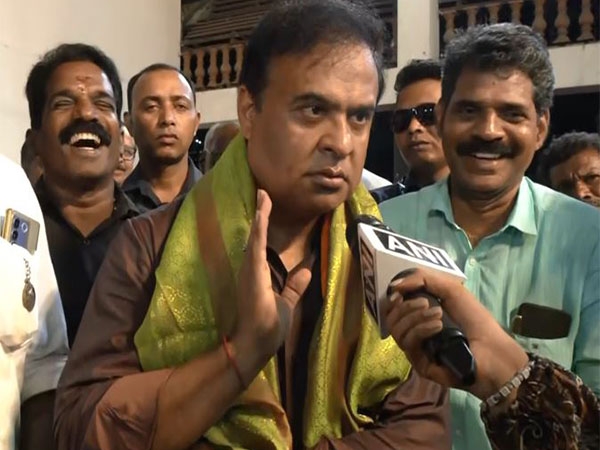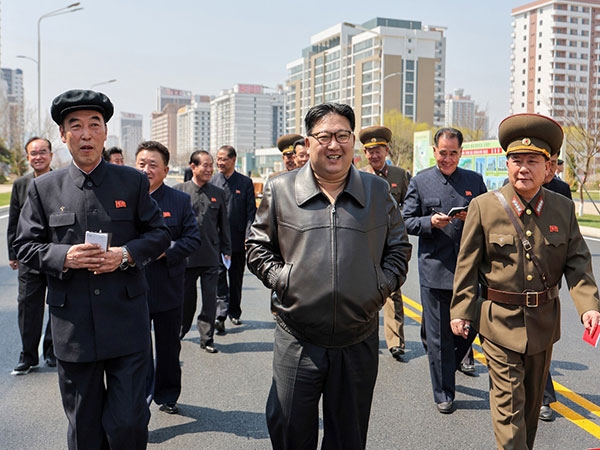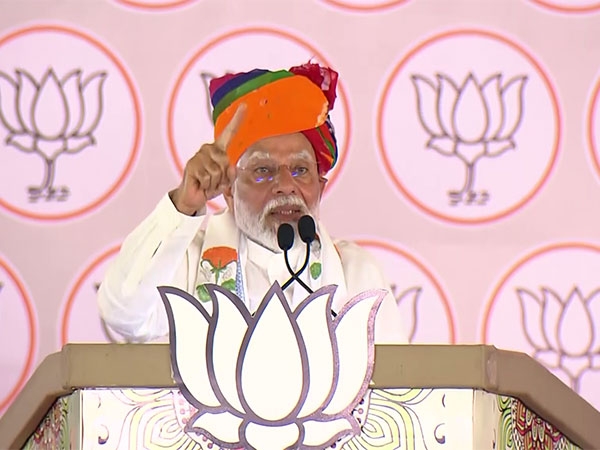Breakfast with Bhagwat: Why did UP BJP secy meet RSS chief in Kanpur?
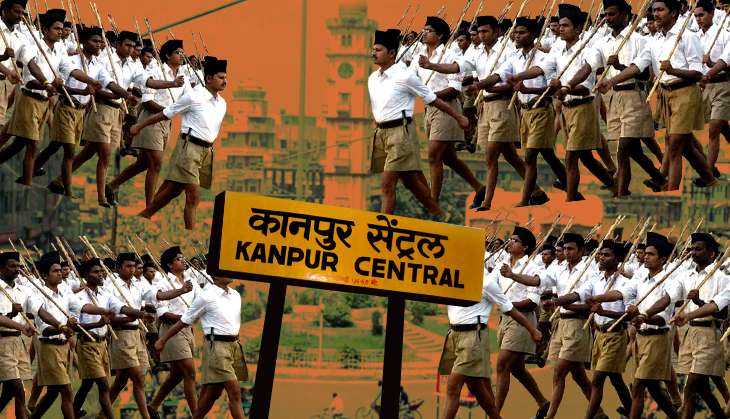
After 16 long years the Rashtriya Swayamsewak Sangh decided to hold a meeting of its praant Pracharaks in Uttar Pradesh, which goes to the polls early next year. Yet, the Sangh Parivar would have you believe that there's nothing political about the conclave.
A day after Sangh's all-India Prachaar Pramukh (publicity chief) Manmohan Vaidya dismissed any suggestion that the choice of venue was aimed at helping the Bharatiya Janata Party come to power in this politically important state, the party's organisational secretary in UP, Sunil Bansal, is reported to have met RSS leaders on Tuesday.
Also read - UP polls: Is Amit Shah repeating the mistakes his party made in Bihar?
"He was there for breakfast and small chit chat, nothing more," said a BJP leader who didn't want to be named. However, it was said that Bansal had a three-hour long meeting with RSS chief Mohan Bhagwat over UP. But the BJP leader would have none of it. "Bansal can't discuss UP with Bhagwat. It will have to be Amit Shah, Modi or Ram Lal, the party's national general secretary (organisation)," he asserted.
The meeting
The five-day meeting of 44 praant pracharaks and 11 kshetras got underway at Bithoor in Kanpur on Monday, 11 July. Apparently, the agenda was assessing the Sangh's performance and discussing how to expand its activities.
"This is a routine affair meant to review the past work and plan for the future," said Manmohan Vaidya.
The RSS now has 57000 shakhas across the country and the meeting "will also discuss how to accommodate the rising number of Sangh members," he stated.
A Pracharak forms the backbone of the Sangh, and propagates the Sangh ideology. They are sent to the BJP as organisational secretaries and function as a bridge between the party and the RSS. At the national level key party positions have gone to those with sufficient experience as Pracharaks. Because of these linkages, it is difficult to believe the RSS' claims that political issues are for the BJP to discuss.
The venue
The Sangh office-bearers insisted that the choice of venue for the meeting had nothing to do with the coming state elections and tried to make light of the meeting's political significance.
Sangh's media in charge Pawanputr Badal said it was a mere coincidence that the meeting was being held in Kanpur when the assembly elections were around the corner.
Another senior RSS functionary let the cat out of the bag.
"Last time the praant Pracharaks met in Uttar Pradesh was in the year 2000 and the venue was Nainital, before the creation of Uttarakhand," he said. Obviously, the choice of Kanpur as a venue for deliberation was part of a strategy.
In this backdrop the question that pops up is, would UP witness a spike in activities aimed at communal polarisation just before the elections?
The possibility cannot be ruled out.
With the BJP desperate to form a government in Uttar Pradesh, its organisational secretaries from poll-bound states were likely to be issued guidelines on how to marshal their forces. However, RSS functionary AK Sinha, who is director, information and communication department of Rajarshi Tandon Open University in Lucknow, denied that the RSS ever issued any directive to BJP leaders. The university owes its allegiance to the RSS.
It is common knowledge, however, that the RSS had played an active role in UP during the Lok Sabha elections of 2014. Along with party president Amit Shah and Narendra Modi, the Sangh also got credit for the party's stupendous success.
Pawanputr Badal played down the Sangh's role in the 2014 victory. "100% voting is all that we strived for," he said.
Commuanal polarisation
But if reports filtering out of Bithoor were an indication, ensuring voter turnout won't be the only responsibility given to the RSS workers. On the eve of Monday's meeting, RSS chief Mohan Bhagwat is said to have held an informal round of discussions in which concern was voiced at the migration of Hindus from Kairana.
Although the migration theory has been found to be full of holes, Bhagwat was understood to have taken note of the issue and said that it was a disturbing development that Hindus were being forced to flee their homes.
Vaidya had denied any such discussion and Sinha called it a figment of the media's imagination because "these issues are never discussed at the prant pracharaks' meetings".
Incidentally, Sunday (10 July) was also the day when the state governor Ram Naik said that he had forwarded his special report on Kairana exodus, violence at Mathura's Jawahar Bagh and Dadri lynching to the Vice President, Prime Minister and the Union Home Minister.
Kairana came into the limelight after BJP MP Hukum Singh claimed that fear of Muslims had forced Hindus to leave their homes and take shelter elsewhere.
With the governor sending his special report on the exodus and Mohan Bhagwat reportedly talking of a major step, mobilising the majority community during elections in the name of Kairana is a strong possibility.
More in Catch - BJP steps up Dalit-wooing, but avoids direct scrap with Mayawati
Narendra Modi sounds UP poll bugle with anniversary rally in Saharanpur
First published: 15 July 2016, 10:19 IST
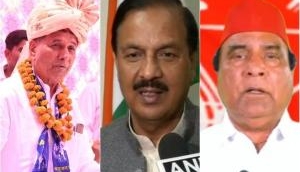
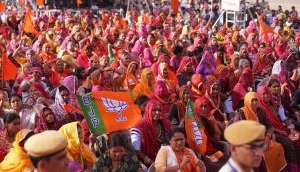

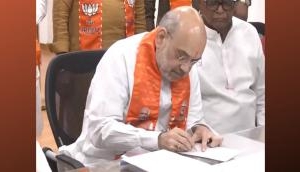
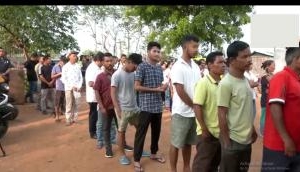
![BJP's Kapil Mishra recreates Shankar Mahadevan’s ‘Breathless’ song to highlight Delhi pollution [WATCH] BJP's Kapil Mishra recreates Shankar Mahadevan’s ‘Breathless’ song to highlight Delhi pollution [WATCH]](http://images.catchnews.com/upload/2022/11/03/kapil-mishra_240884_300x172.png)

![Anupam Kher shares pictures of his toned body on 67th birthday [MUST SEE] Anupam Kher shares pictures of his toned body on 67th birthday [MUST SEE]](http://images.catchnews.com/upload/2022/03/07/Anupam_kher_231145_300x172.jpg)


